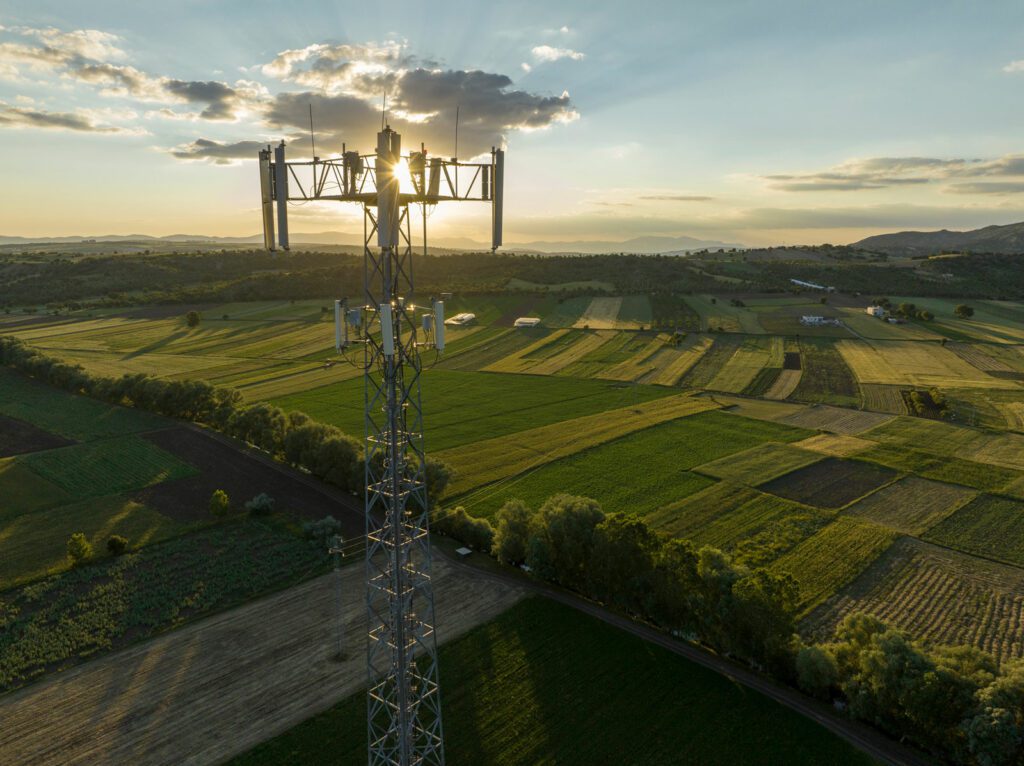Author
It will not come as a surprise to those who deal regularly with telecoms matters that yet a further gap was found in the Electronic Communications Code (Code) which required clarification by the court.
In this instance, the question was whether a tenant under a superior lease was a party to the Code agreement for the purposes of termination or renewal under the Code.
The case
The case of Potting Shed Bar & Gardens Ltd (formerly Gencomp (No. 7) (Ltd)) v AP Wireless II (UK) Ltd [2023] EWCA Civ 825 concerned a lease of a telecoms site in Bingley, Yorkshire to Vodafone in 2003 by the then freehold owner.
In 2018 a subsequent freehold owner granted an intermediate lease to APW.
Vodafone wanted to renew its lease and whilst neither the freehold owner nor APW objected to the renewal, it was not clear which party could grant the new agreement.
The Code provisions
The Code provides that a successor in title is to be treated as a party to the Code agreement, but there is no provision in the Code for a party whose interest arises out of a superior tenancy. This is not just problematic when it comes to renewal, but also termination, as only a party to a Code agreement can exercise Code rights to terminate.
As such, it could have been argued that a tenant under a superior tenancy to a telecoms lease could not seek to terminate that lease even if it satisfied the grounds for termination in the Code.
Tribunal decision
Vodafone’s position was that although its lease was binding on APW, absent any specific provision in the Code, APW was not a party to the Code agreement and, therefore, it should seek renewal from the freehold owner. The Upper Tribunal accepted this argument.
Court of Appeal
However, the Court of Appeal disagreed and followed the lead of the Supreme Court in taking a pragmatic and purposive approach to the interpretation of the Code.
It found that the Code was intended to work in such a way that the entities with the benefit and burden of the Code Agreement should be considered to be parties to the agreement for the purposes of exercising Code rights in respect of that agreement; be it renewal or termination.
The effect of the decision was that APW was a party to Vodafone’s agreement and Vodafone was required to seek renewal from APW.
This decision provides welcome clarity to operators, but also comfort to parties with superior tenancies, particularly those who wish to develop and therefore seek termination of an existing Code agreement.
Author
Michelmores Property Awards
Celebrating the best of property, development and construction in the South West The Michelmores Property Awards celebrate the best property, development and construction projects in...


